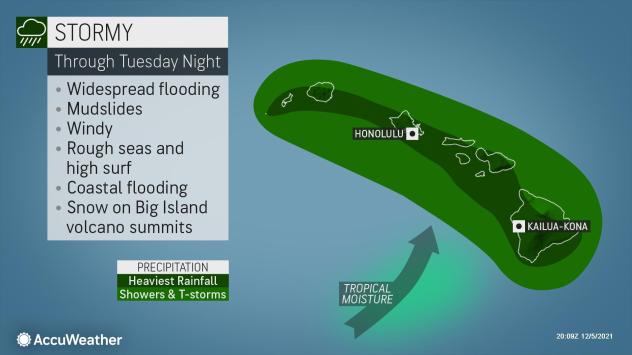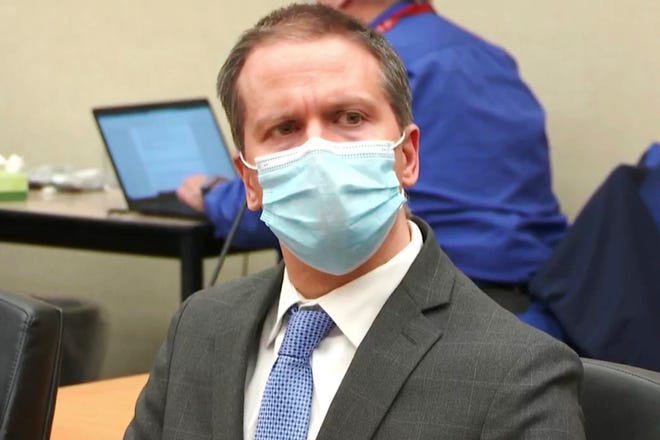
An Italian hospital remained on backup power Sunday, two days after a giant sinkhole opened in the parking lot and forced the closure of a residence for recovering COVID-19 patients.
Though electricity and water services were interrupted, backup systems allowed care to continue at Naples' Hospital of the Sea, and firefighters said it didn’t appear anyone was injured. The regional governor, Vincenzo De Luca, said the residence would reopen after utilities were fully restored.
The 66-foot deep, 21,527-foot wide sinkhole consumed three cars in the hospital’s mostly empty visitors’ parking lot and also forced the relocation of six people who were recovering at the residence for COVID-19 patients.
“Frankly, we were also worried about the collapse of all utilities and that the activity of the hospital could be jeopardized,” De Luca said. “Thank God, this did not happen. We had a power break, but electricity was restored and now we don’t have any problem in providing care.”
Chief firefighter Cmdr. Ennio Aquilino told Italian television channel SkyTG 24 the implosion could have been caused by an infiltration of water underground as a result of recent heavy rains.
Sinkholes are most often natural occurrences, according to the U.S. Geological Survey. They can be dramatic or happen over time. They can also be "human-induced" through construction and groundwater pumping, the USGS says.
Though a 66-foot deep sinkhole seems catastrophic, it's only a fraction of the depth of the world's largest above-ground sinkhole. That sinkhole is 2,100 foot deep, found in 1994 in a Chinese province.
Contributing: The Associated Press.
Source link









